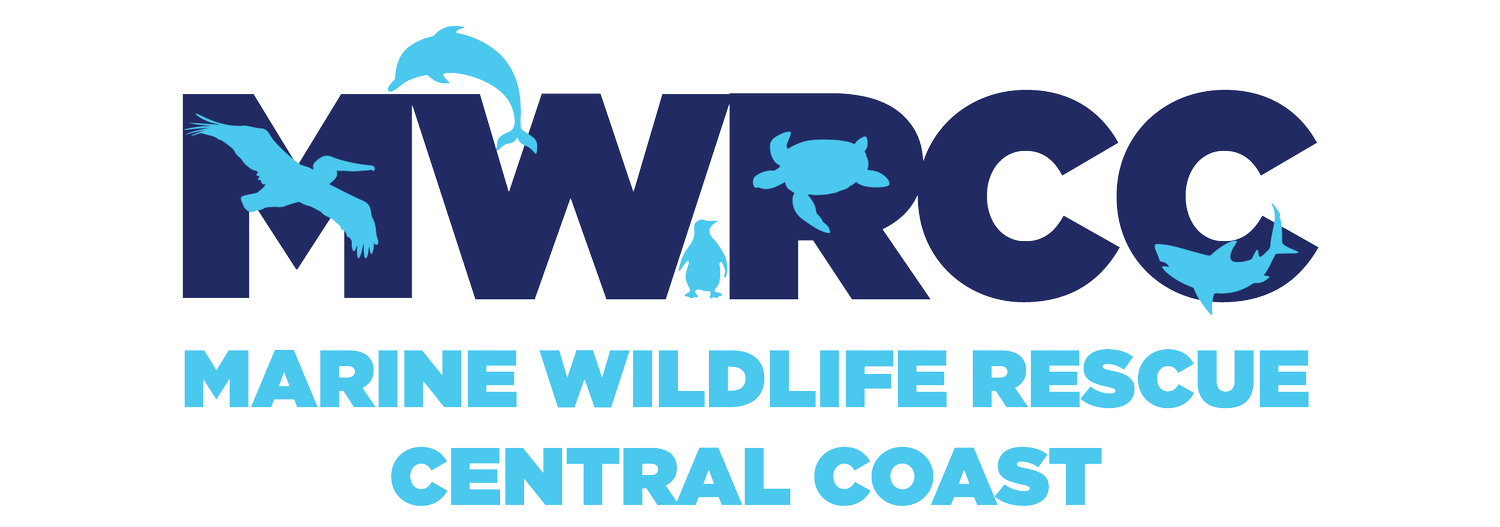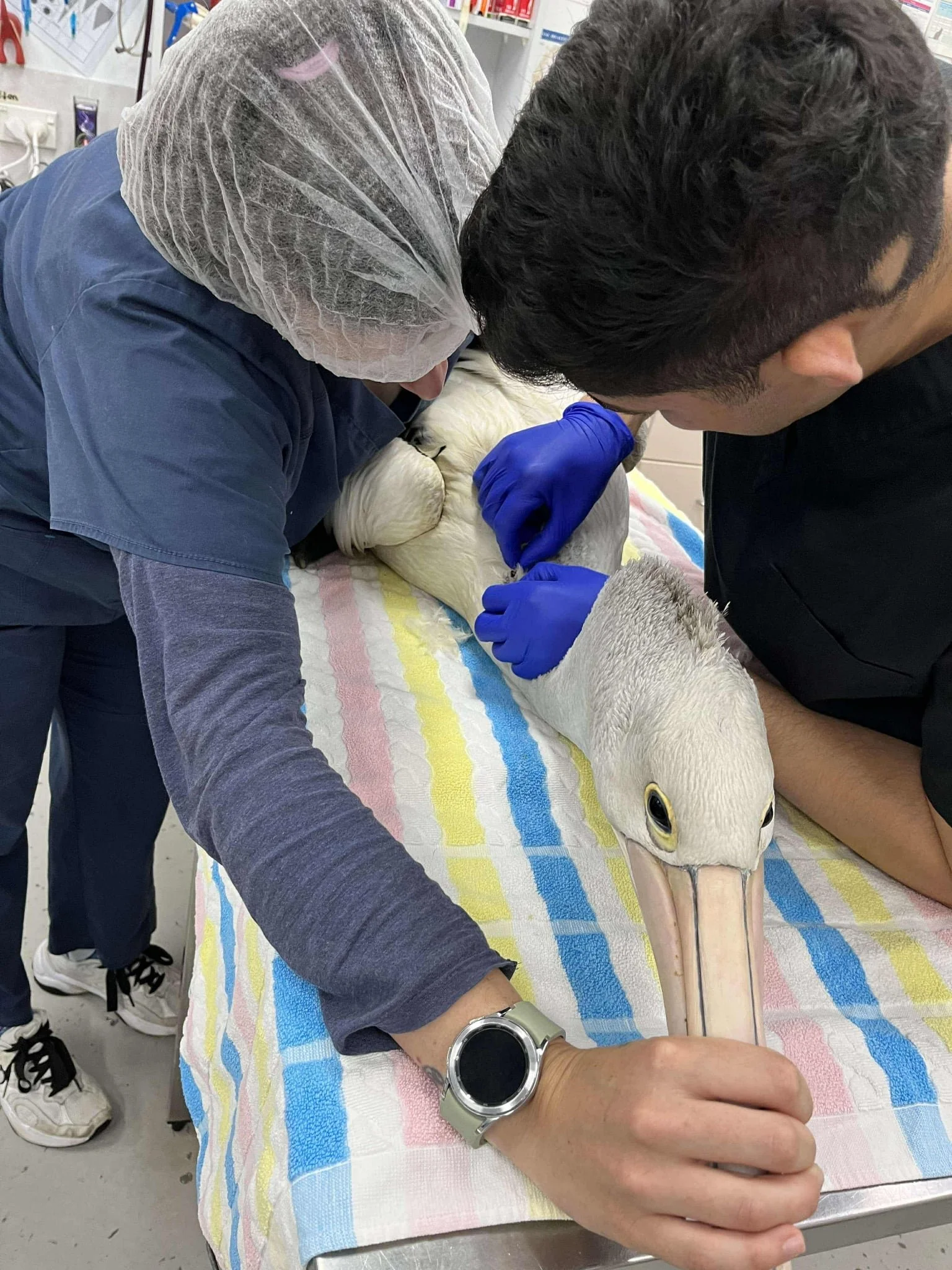What We Do
Marine Wildlife Rescue Central Coast (MWRCC) is a dedicated organisation committed to the rescue, rehabilitation, and protection of marine animals along the Central Coast. With a team of passionate volunteers and wildlife experts, MWRCC works tirelessly to ensure that injured, stranded, or distressed marine animals receive the care and attention they need to recover and return to their natural habitat.
Rescue Operations
At the heart of MWRCC’s work are the rescue missions aimed at saving a wide variety of marine life, including seals, sea turtles, seabirds, and dolphins. These rescues are often triggered by reports from the public, local authorities, or other environmental organisations. When a marine animal is found injured or stranded, the MWRCC response team quickly mobilises to assess the situation and determine the best course of action.
The team is trained to handle a range of scenarios, from freeing animals trapped in nets to providing emergency care for those suffering from illness, injury, or environmental hazards such as oil spills or plastic pollution. MWRCC operates with a strong focus on safety, both for the animals and the rescuers, ensuring that every rescue is carried out with professionalism and compassion.
Rehabilitation and Recovery
Once a marine animal is rescued, the next step is rehabilitation. MWRCC operates specialised facilities designed to help injured or sick animals recover in a safe and controlled environment. Here, animals receive medical care from wildlife veterinarians and rehabilitation specialists who are skilled in treating the unique conditions that affect marine species.
During rehabilitation, the goal is to restore the animal’s health and ensure it can survive independently in the wild. This may involve wound treatment, feeding, physical therapy, or, in the case of younger animals, helping them learn essential survival skills. Every animal’s progress is closely monitored, and release back into their natural environment only occurs when they are fully recovered and capable of thriving on their own.
Education and Outreach
In addition to rescue and rehabilitation, MWRCC is dedicated to raising awareness about the importance of marine conservation. Through educational programmes, workshops, and community events, MWRCC engages with the local community to promote responsible practices that protect marine wildlife. This includes spreading knowledge about the dangers of pollution, the impacts of human activity on marine ecosystems, and what individuals can do to help preserve the rich marine biodiversity of the Central Coast.
MWRCC also works with schools, businesses, and local governments to foster a culture of conservation and ensure the next generation understands the importance of protecting marine wildlife. By educating the public, MWRCC aims to reduce the number of marine animals in distress and create a safer environment for all marine species.
Research and Conservation Initiatives
Conservation is a critical aspect of MWRCC’s mission. The organisation collaborates with scientists, environmental groups, and government agencies to gather data on marine wildlife populations, monitor trends, and identify emerging threats to the Central Coast’s marine ecosystem. Through this research, MWRCC contributes to broader conservation efforts, advocating for policies and practices that safeguard marine habitats.
MWRCC also participates in various conservation projects, such as beach cleanups, habitat restoration, and efforts to reduce human-wildlife conflict. By combining hands-on rescue work with long-term conservation strategies, MWRCC plays an essential role in protecting the marine environment for future generations.
How You Can Help
MWRCC’s work depends on the support of volunteers, donors, and community partners. Whether through direct involvement in rescue efforts, attending an educational event, or making a financial contribution, there are many ways to get involved. The organisation offers opportunities for people of all ages and skill levels to make a meaningful difference in marine wildlife conservation.
By supporting MWRCC, you are helping to ensure that marine animals in distress receive the care they need, and that future generations will continue to enjoy a healthy and thriving marine environment on the Central Coast.
For more information about Marine Wildlife Rescue Central Coast and how you can get involved, visit our website or contact us today!






